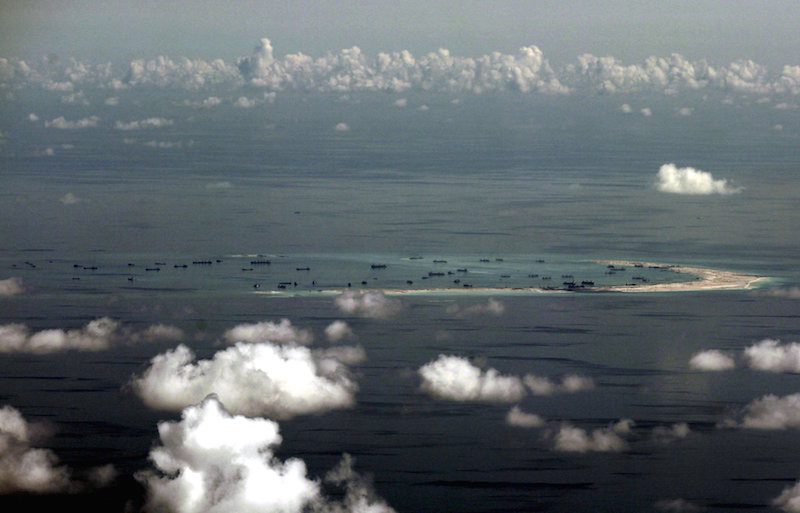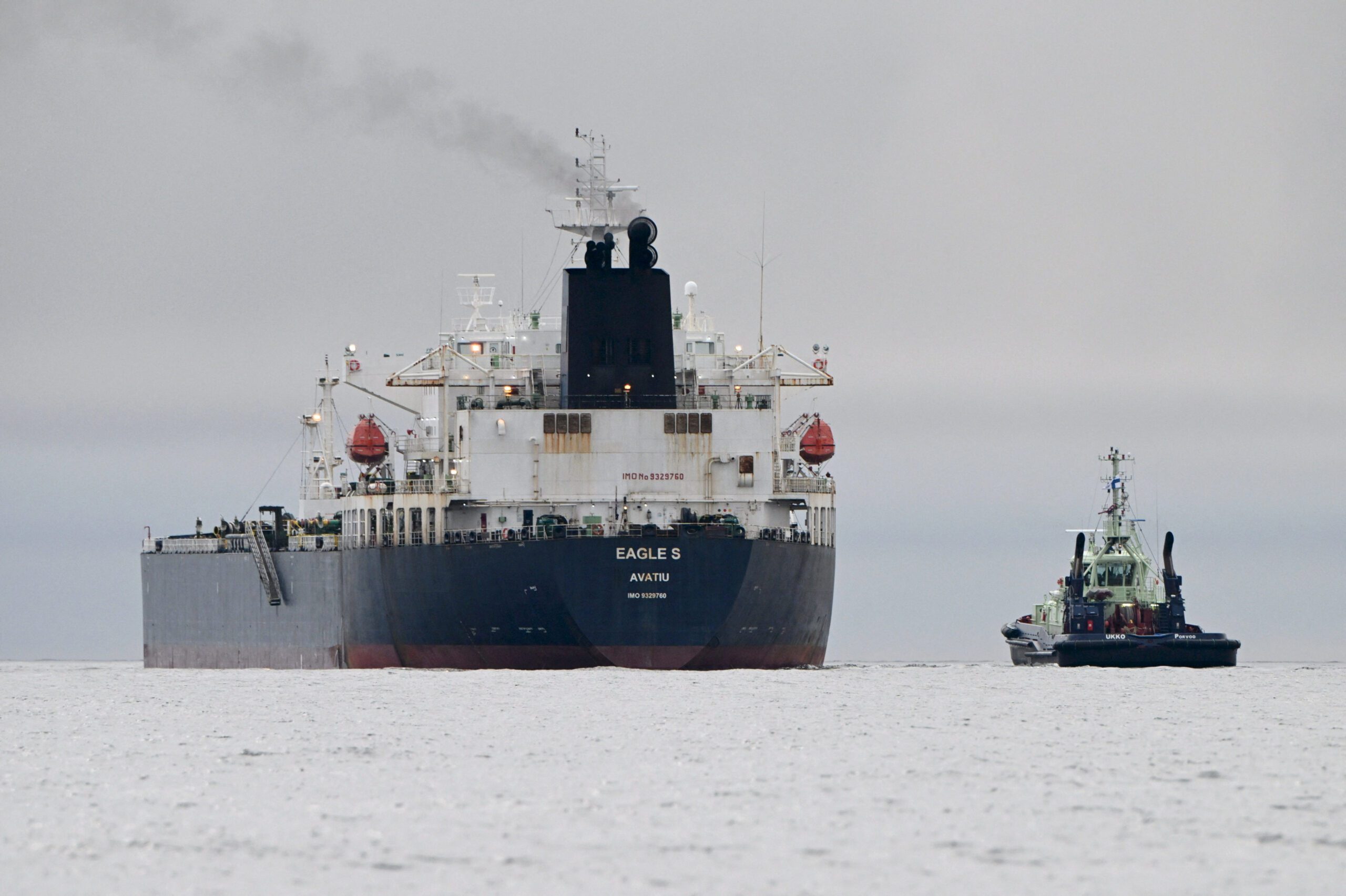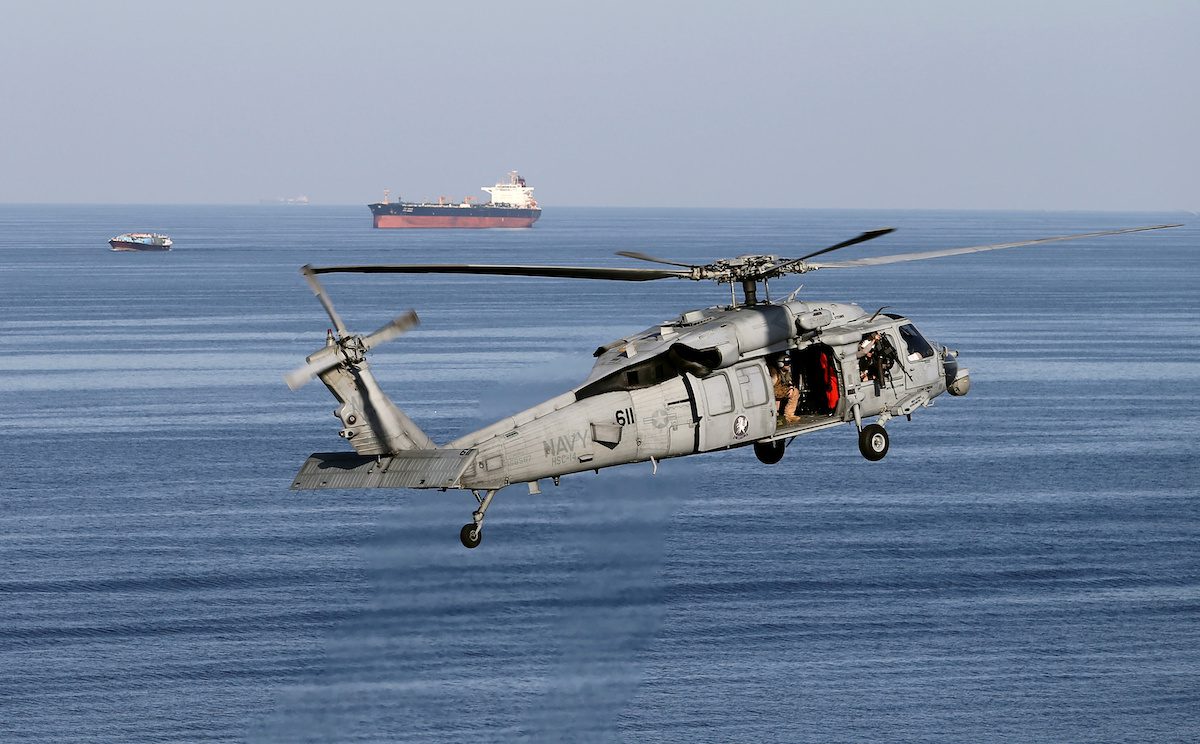An aerial photo taken through a glass window of a Philippine military plane shows the alleged on-going land reclamation by China on mischief reef in the Spratly Islands in the South China Sea, west of Palawan, Philippines, in this May 11, 2015 file photo. REUTERS/Ritchie B. Tongo
 HONG KONG/AMSTERDAM, July 11 (Reuters) – A panel of five judges at the Permanent Court of Arbitration in The Hague will announce on Tuesday their ruling in a case brought by the Philippines against China over its actions in the South China Sea.
HONG KONG/AMSTERDAM, July 11 (Reuters) – A panel of five judges at the Permanent Court of Arbitration in The Hague will announce on Tuesday their ruling in a case brought by the Philippines against China over its actions in the South China Sea.
Here are some key details about the case.
1. WHY IS IT IMPORTANT?
– The Philippines’ case against China marks the first time any legal challenge has been brought in the South China Sea territorial dispute. Centred on the Spratlys archipelago, which straddle vital international shipping lanes, tensions in the South China Sea have simmered for decades, intensifying in recent years. China, Taiwan, Vietnam, Malaysia and Brunei all claim the Spratlys and/or surrounding waters. China, Taiwan and Vietnam claim all of the Paracel Islands in the north of the South China Sea.
– The dispute has intensified political and military rivalry across the region between the rising power of China and the long-dominant player, the United States. China has been projecting its growing naval reach while the United States is deepening ties with both traditional security allies such as Japan and the Philippines and with newer friends, including Vietnam and Myanmar.
– Chinese analysts say the South China Sea will only grow in importance for Beijing, particularly as its submarine base on Hainan Island will be crucial to China’s future nuclear deterrent.
2. WHAT DOES THE CASE INVOLVE?
– The Philippines formally lodged its arbitration case under the United Nations’ 1982 Convention of the Law of the Sea, known as UNCLOS, in January 2013.
– China repeatedly warned the Philippines against pushing ahead with the case, and Beijing has refused to participate in any of its hearings, forgoing its right to appoint a judge. China says the court has no jurisdiction, and that its historic rights and sovereignty over the South China Sea predates UNCLOS.
– UNCLOS does not deal with sovereignty issues, but sets out what countries can claim from various geographic features at sea, as well maritime behaviour. That regime allows for 12 nautical miles of territorial waters from islands and rocks and 200 nautical miles of Exclusive Economic Zone (EEZ) from islands that can sustain ordinary human habitation. An EEZ is not sovereign territory but gives a country the right to the fish and seabed resources, including oil and gas, within that zone.
– China and the Philippines are among the 167 parties that have signed and ratified UNCLOS. The United States has not, as the law has been blocked in the U.S. Senate in the past. But its government recognises it as customary international law, including during naval patrols of the South China Sea.
3. WHAT IS THE KEY TO MANILA’S CASE?
– Manila’s case is built around 15 points that seek to clarify its rights to exploit its EEZ. It challenges Chinese activities, including fishing, dredging and law enforcement patrols, as well as Beijing’s reclamation and construction on seven reefs in the Spratlys. It also challenges China’s effective control of the Scarborough Shoal, seeking a ruling that shows it sits entirely within the Philippines’ EEZ.
– Any ruling on the legality of the “nine-dash line”, Beijing’s controversial claim to much of the South China Sea, will be closely watched. Created in the late 1940s and used on official Chinese maps, the line bisects the EEZs of several other countries and reaches deep into the maritime heart of Southeast Asia.
– Manila’s lawyers have also argued that none of the islands, shoals and reefs across the Spratlys are significant enough to lay claim to an EEZ.
4. WHAT HAPPENS NEXT?
– While the findings are legally binding, UNCLOS has no enforcement body and legal experts say it remains unclear what can be done when China ignores the ruling. (Cases involving a ruling over actual sovereignty require mutual consent by states and are heard by the International Court of Justice in The Hague. ICJ rulings are enforceable by the United Nations’ Security Council, of which China is a permenant member.)
– Chinese officials have not ruled out future military action to enforce their claims, including construction on the Scarborough Shoal or the imposition of an air defence zone over the area. They have warned against further expansion of the U.S. military presence in the area.
– U.S. responses could include an increase in the frequency of so-called freedom of navigation operations and overflights in the region and increased defence aid to Southeast Asian countries, according to U.S. officials speaking on the condition of anonymity.
– Other claimants, particularly Vietnam, are being closely watched to see whether they will launch their own action against China. Hanoi has sought legal opinions on a possible case and its officials have yet to rule out such action.
5. WHAT IS THE PERMANENT COURT OF ARBITRATION?
– Founded in 1899, the Permanent Court of Arbitration (PCA) is the oldest international judicial institution with 117 member countries.
– The PCA is also often called upon to settle disputes under international treaties such as the U.N. Convention on the Law of the Sea (UNCLOS), which both China and the Philippines have signed.
– China, which is boycotting proceedings in the South China Sea case, declined to appoint an arbitrator. The Philippines appointed one judge, a German national. The president of another court, the International Tribunal for the Law of the Sea, appointed the remaining members.
– China has said the resulting tribunal, a panel of four Europeans presided over by a Ghanaian, does not adequately reflect the diversity of the world’s legal system, implying that it might be biased against China.
– The body, based in the neo-Gothic extravagance of the Peace Palace in The Hague, has no enforcement powers. Winning parties typically pursue their claims in domestic courts – often a fruitless exercise.
(c) Copyright Thomson Reuters 2016.

 Join The Club
Join The Club











